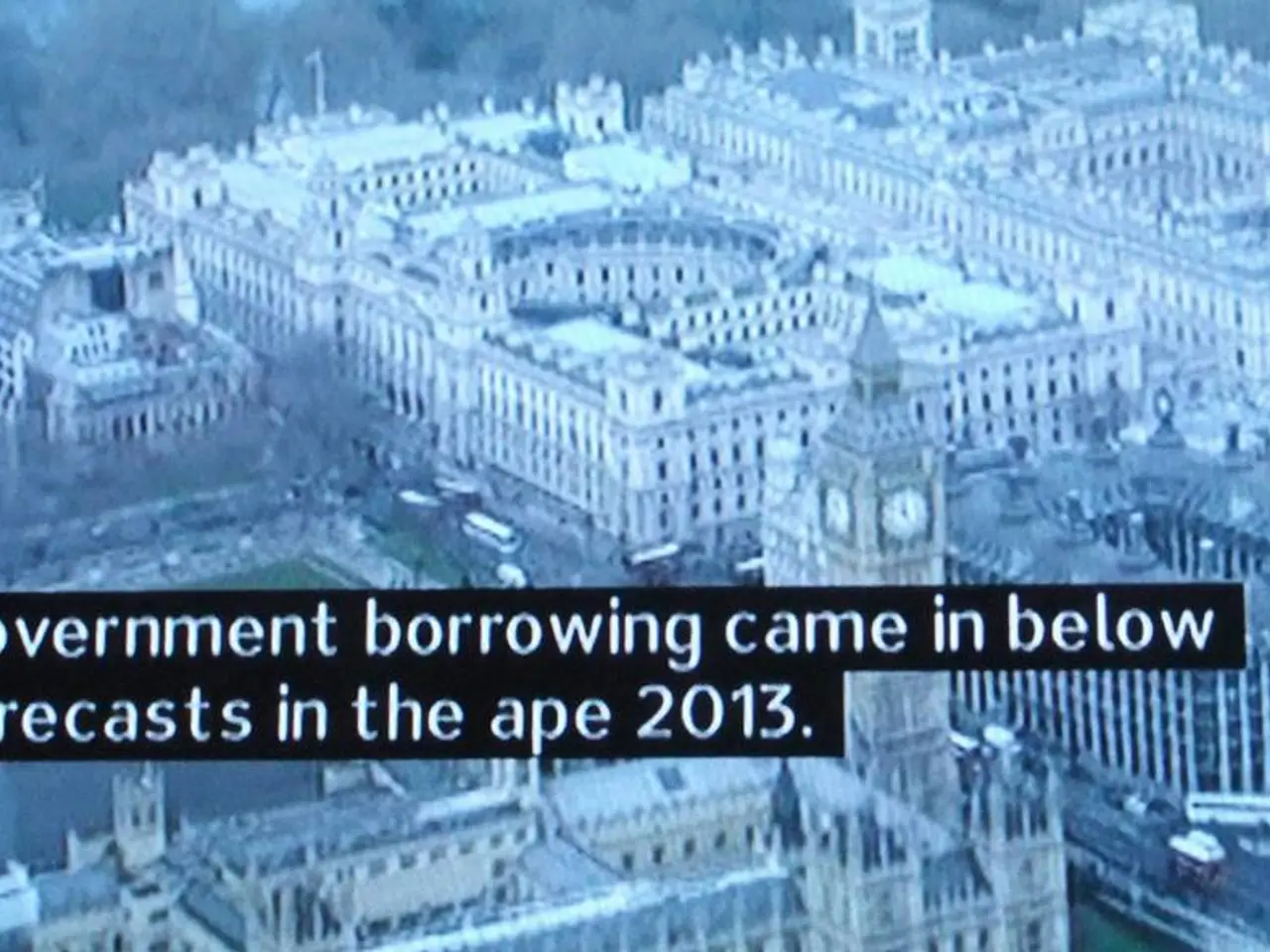Viet Nam Aims to Establish International Financial Hubs by the Close of 2025
Vietnam Pushes Forward with International Financial Centre Development
Vietnam is moving forward with its plans to establish the International Financial Centre (IFC) in Ho Chi Minh City and Da Nang, aiming for full operation by the end of 2025. The Steering Committee, chaired by Prime Minister Pham Minh Chinh, is spearheading the development strategy of the IFC in Vietnam.
The IFC development strategy includes the pilot implementation of a regulatory sandbox for fintech innovations, upgrading commodities markets, offering investment incentives to high-value financial services, and developing a talent pool for the IFC. HCM City and Da Nang will develop harmonious infrastructure such as transport, telecommunications, and logistics to support IFC operations.
HCM City will develop 793 hectares of infrastructure in Saì Gòn, Bèn Thành, and Thủ Thiêm wards, including a 5G rollout and smart urban infrastructure. Da Nang will prepare IFC infrastructure in designated zones, enhancing digital infrastructure such as cloud servers, surveillance systems, smart control centres, digital asset, and blockchain-based NFT products.
By late 2025, the government expects to complete several key infrastructure projects ensuring seamless connectivity and integrated services supporting the IFC’s modern financial ecosystem. The IFC aims to foster emerging markets like commodity and carbon exchanges, develop high-tech financial services including fintech and digital banking, and cultivate international-standard support services in legal, auditing, and technology sectors.
The National Assembly passed Resolution No. 222/2025/QH15 on June 27, 2025, setting the framework for the IFC’s formation, governance, oversight, and special mechanisms. This resolution takes effect on September 1, 2025, introducing breakthrough policies and competitive incentives to attract capital, technology, management, and high-quality human resources.
The IFC will operate under the "one center, two destinations" model, with key hubs in Ho Chi Minh City and Da Nang. The IFC will become a modern, internationally-linked financial hub leveraging Ho Chi Minh City and Da Nang’s growing capabilities and strategic location. The government is developing legal frameworks for the IFC to ensure transparency, consistency, and robust incentives to attract international capital, technology, human resources, and advanced management models.
The IFC is expected to create a breakthrough in raising medium and long-term capital and building a foundation for the country’s socio-economic growth. The government is committed to maintaining financial and monetary security while establishing the IFC, with strong oversight and risk management mechanisms in place to guarantee financial and monetary security nationwide. The Steering Committee will oversee the development strategy of the IFC in Vietnam, as stated in the National Assembly’s Resolution 222/2025/QH15 dated on June 27, 2025, regarding IFC development.
- The government aims to foster high-tech financial services, including fintech and digital banking, in the International Financial Centre (IFC) through the implementation of new technologies such as Artificial Intelligence (AI) and 5G.
- To support the IFC's modern financial ecosystem, the government plans to develop a talent pool specialized in technology and finance, with a focus on digitally-related industries like cloud servers, surveillance systems, and NFT products.
- In parallel with physical infrastructure development, the government is working on establishing legal frameworks that ensure the IFC operates transparently and offers robust incentives to attract foreign technology, capital, and expertise from international business communities.




